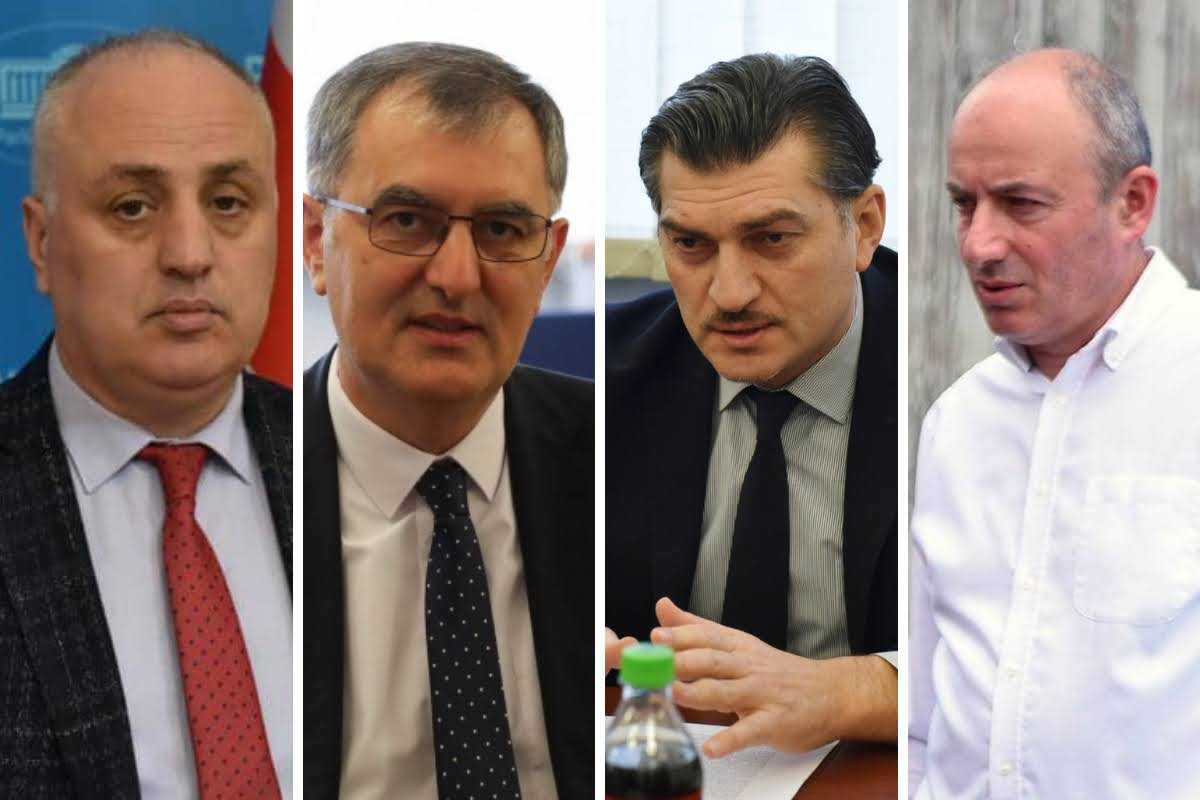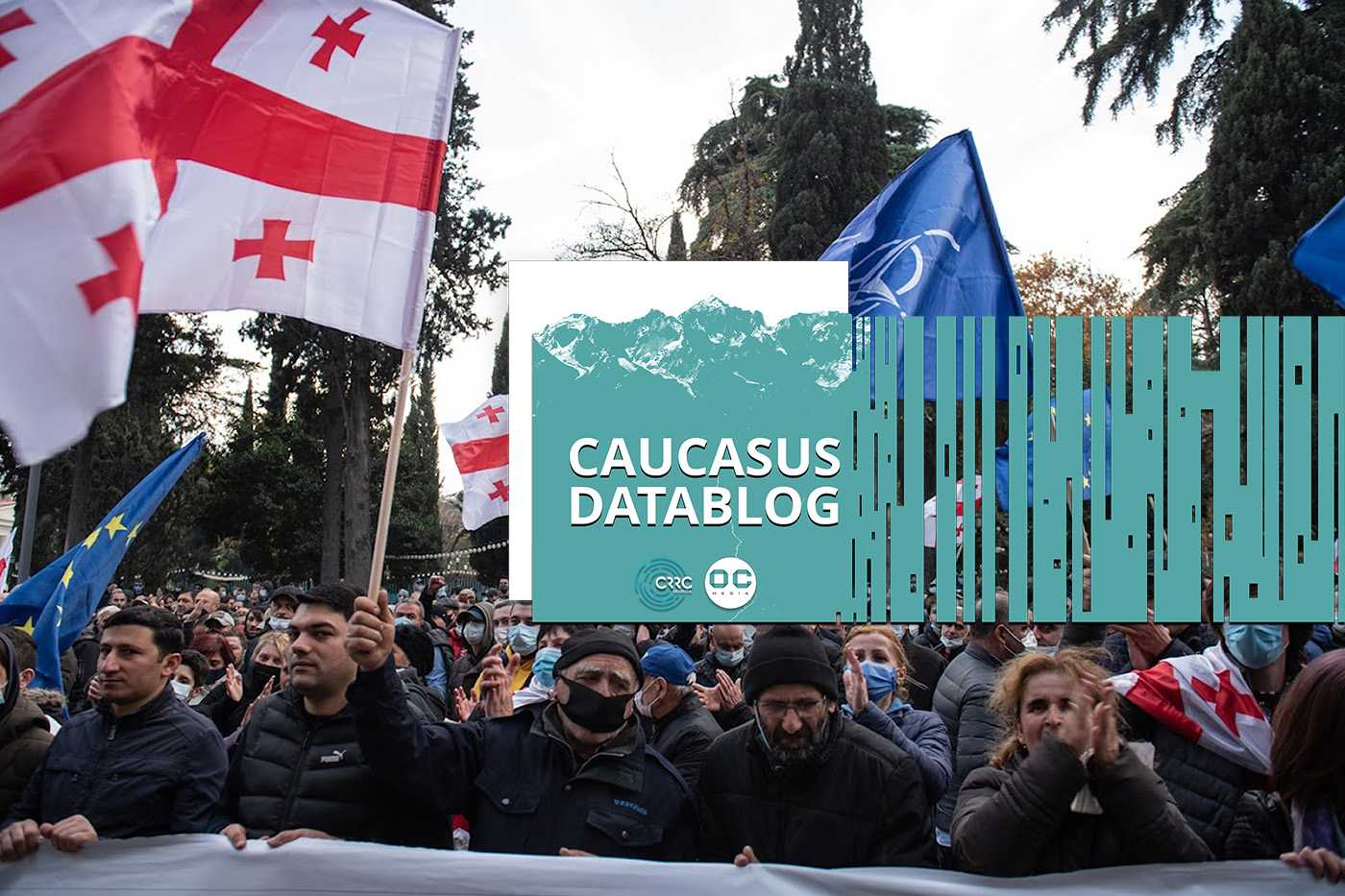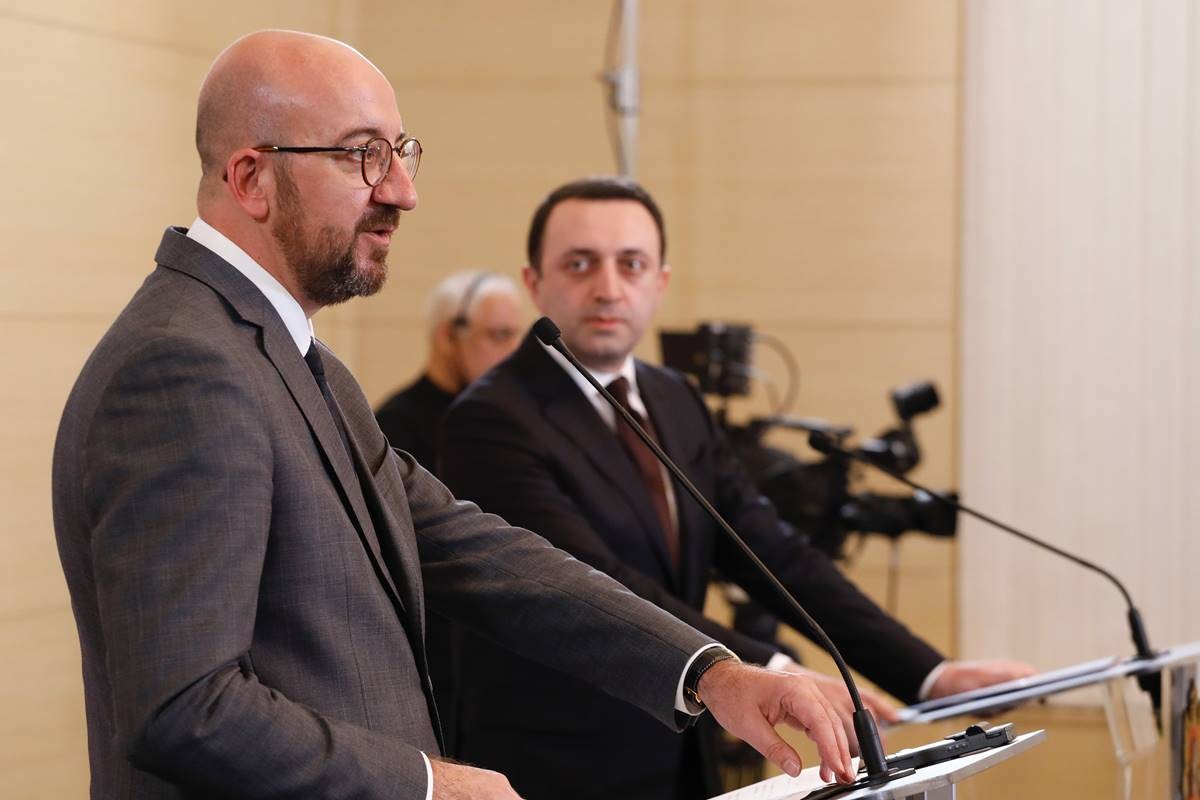
Months before the local elections, disagreements over a proposed amnesty law are threatening to derail a deal brokered by the EU to bring an end to the political crisis in the country.
At present, most opposition MPs remain against the amnesty for actions during the June 2019 anti-government protests.
The amnesty is part of an EU-mediated agreement signed by the government and opposition parties on 19 April to end their 7-month boycott of parliament. While the deal was not signed by several parties, including the United National Movement (UNM), most have since ended their boycott regardless.
The current draft law put forward by the ruling Georgian Dream is pending its third and final reading in parliament. The draft stipulates an amnesty from all criminal liability and punishment for those involved in the events of 19–21 June 2019. However, the law allows a person to opt-out of such protection.
The draft excludes crimes of ‘intentional infliction of grave injury’ or ‘torture or inhumane treatment’, charges that have so far not been brought against anyone.
The violent dispersal of the June 2019 protest resulted in dozens of injuries to protesters, journalists, and police officers, including two protesters who lost eyes. Three police officers charged with ‘abuse of power’ would be included in the current draft law.
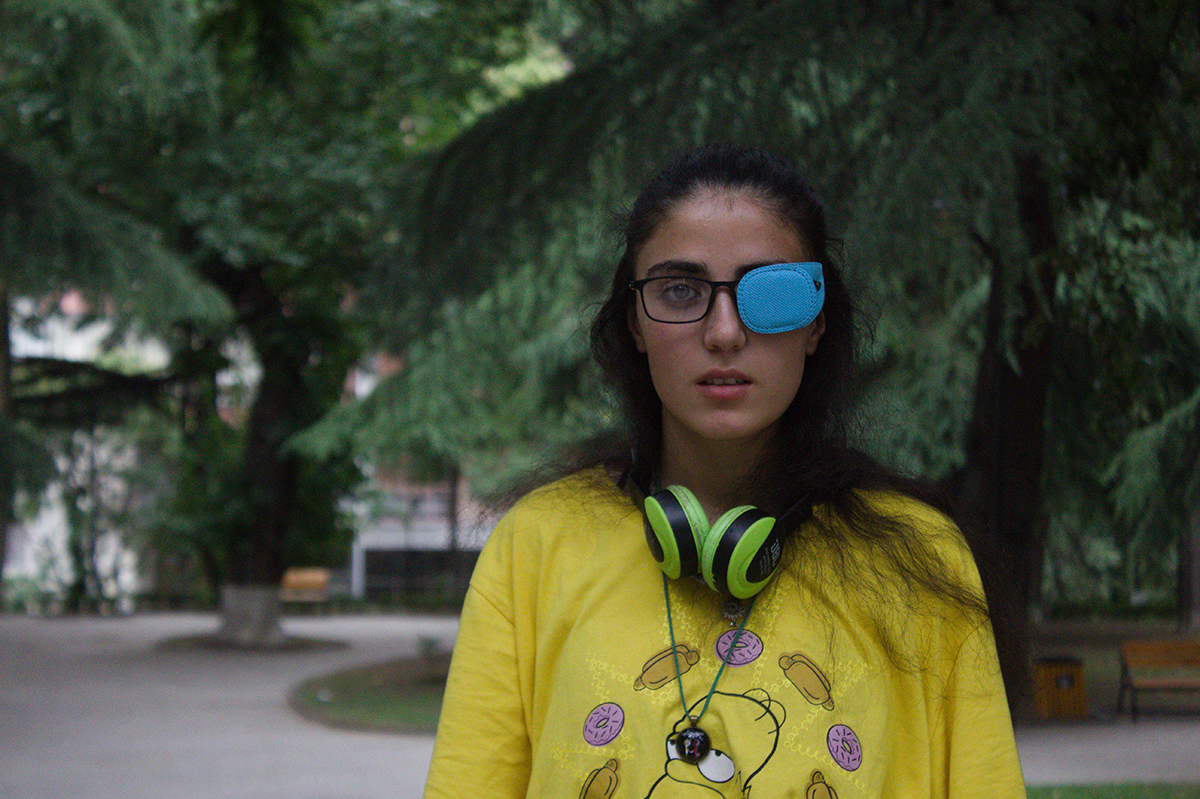
An alternative law proposed by Lelo faction MP Shalva Shavgulidze would have granted amnesty for only two criminal offences: organising and participating in group violence and exceeding official powers by using violence, and only then if individuals recognised as victims by the investigation consented. The opposition draft was voted down by ruling party MPs on 11 June.
The amnesty and pardons in the April agreement were widely understood to be a legal mechanism to end the prosecution of UNM Chair Nika Melia and to free Giorgi Rurua, both of whom were considered by most of the opposition to be political prisoners.
Rurua, who was convicted on weapons charges in November, was pardoned by President Salome Zurabishvili following the signing of the deal. Melia was released from pre-trial custody after the EU paid his bail.
US Embassy: ‘an unnecessary provision’
Both the EU and US have been deeply involved in bringing an end to the political crisis in Georgia, at times expressing frustration at both the Government and opposition.
EU Ambassador to Georgia Carl Hartzell along with acting US Assistant Secretary for European and Eurasian Affairs Philip Reeker have both called on Georgian politicians to adopt the amnesty law and other legal amendments to implement the 19 April agreement.
The US Embassy has expressed concern at the controversy surrounding the amnesty, telling OC Media that a provision that would require a person to give verbal consent to receive amnesty was ‘unnecessary’.
‘This provision … risks destabilising the political situation, and is not in the spirit of the 19 April Mediation Agreement’, a spokesperson said.
‘It is time to fulfil that agreement by way of discussion and debates inclusive of all points of view, and then pass legislation that best serves the Georgian people’, he continued.
Nika Melia and the UNM have remained staunchly against the amnesty insisting that he did not need such protections as he did not violate the law. The current draft law would leave open the possibility that Melia could refuse to be amnestied leading to the continued prosecution of the leader of the country’s largest opposition party.
Melia’s dramatic arrest in February led to a steep escalation in the country’s political crisis and renewed protests, and was met with international condemnation.
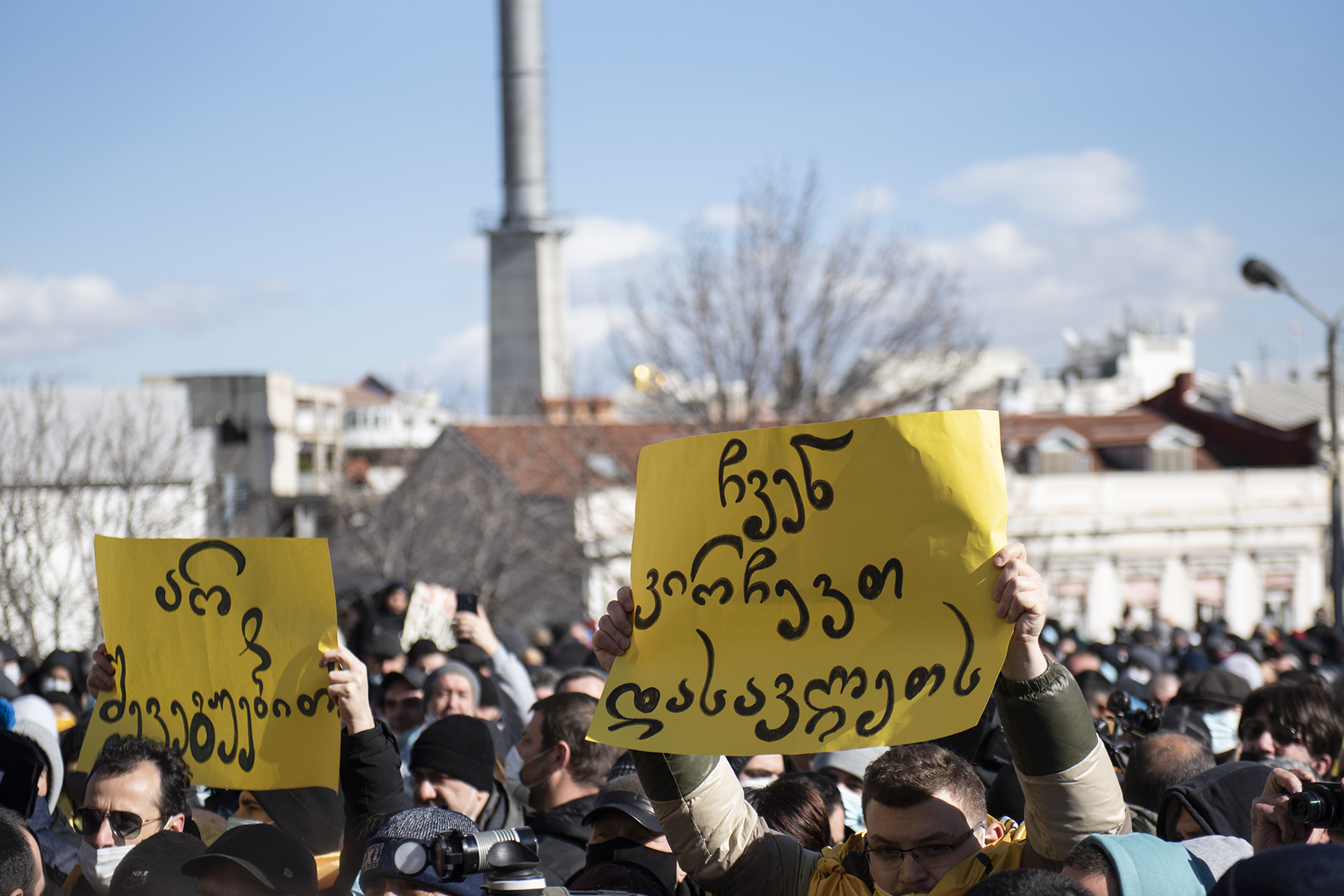
Also against the amnesty is former Prime Minister Giorgi Gakharia, who served as Interior Minister during the dispersal of the crowd in June 2019. Many government critics have held Gakharia personally responsible for the disproportionate use of force by police.
Gakharia, who on 18 February abruptly resigned as Prime Minister over his party’s intention to detain Melia, recently reiterated that he continued to consider Melia responsible for attempting to storm the parliament building two years ago.
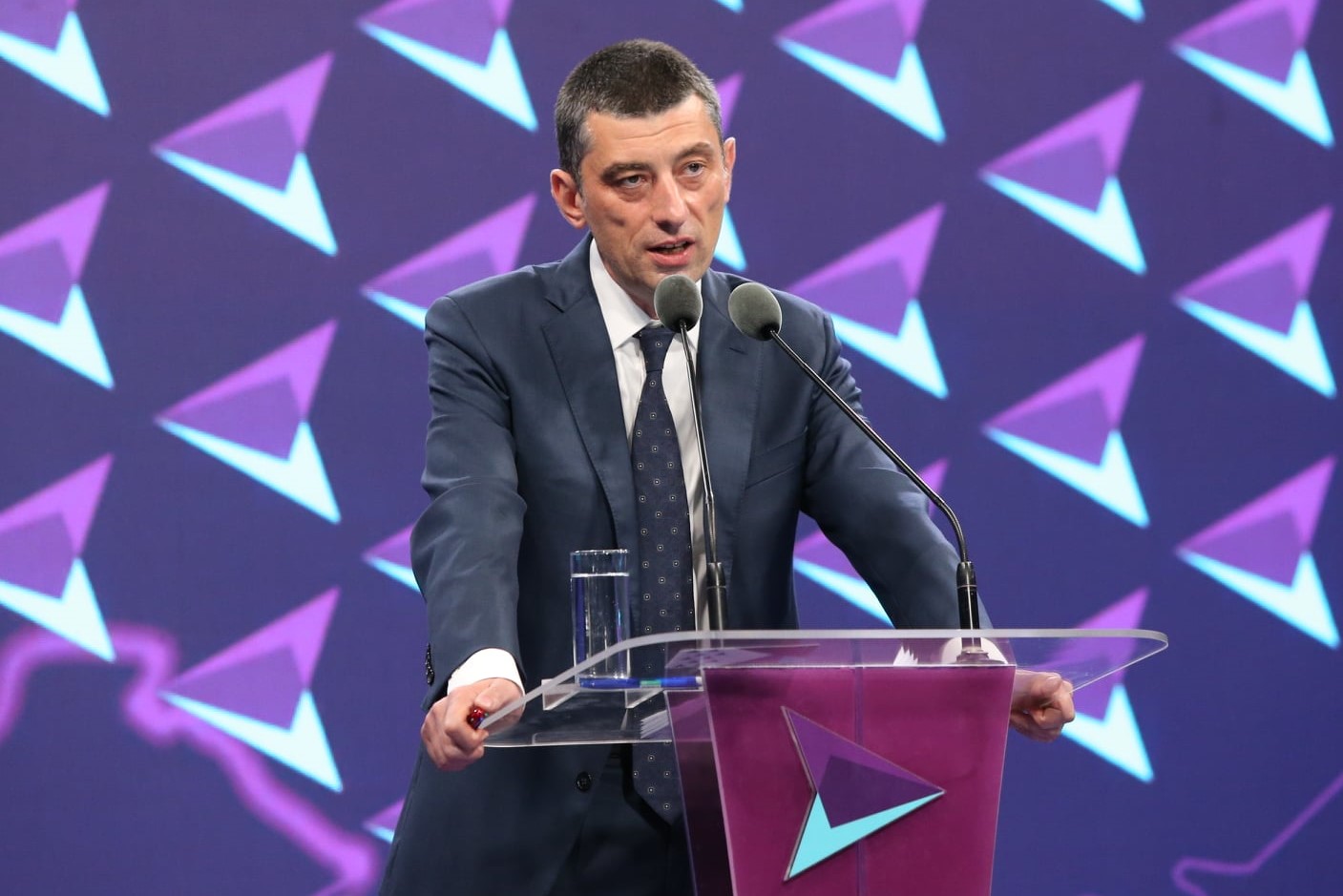
Any kind of amnesty potentially relieving Gakharia, police officers, or anyone else from prosecution has also met resistance from a group of people injured during the protest dispersal.
[Read more on OC Media: Voice | ‘What I hate the most is the injustice of it’]
Some have already announced plans to mark the anniversary in Tbilisi this month by condemning any such law.
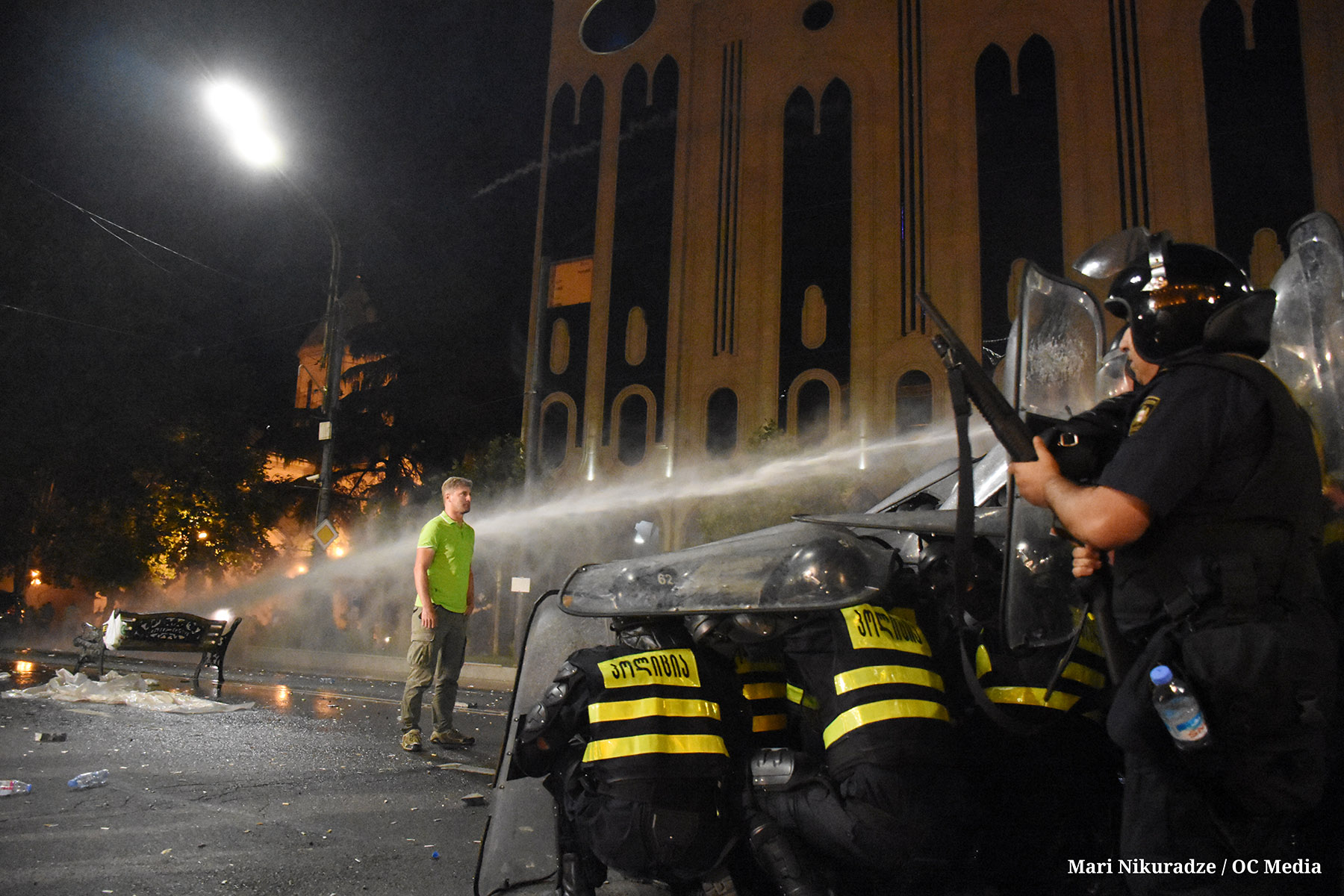
Another major provision of the 19 April deal is that new parliamentary elections will be held in 2022 if Georgian Dream fail to win more than 43% of the proportional vote in October’s local elections.
The party’s chances to cross the 43% threshold received a blow when Gakharia, who has consistently polled as Georgia’s most popular politician over the last year, announced he was forming his own party.
According to the deal, together with the opposition groups, the ruling party are also expected to streamline the legislative amendments to reform Georgia’s judicial system and election administration and to balance power-sharing in Georgian politics, including the confirmation process of the Prosecutor General.



